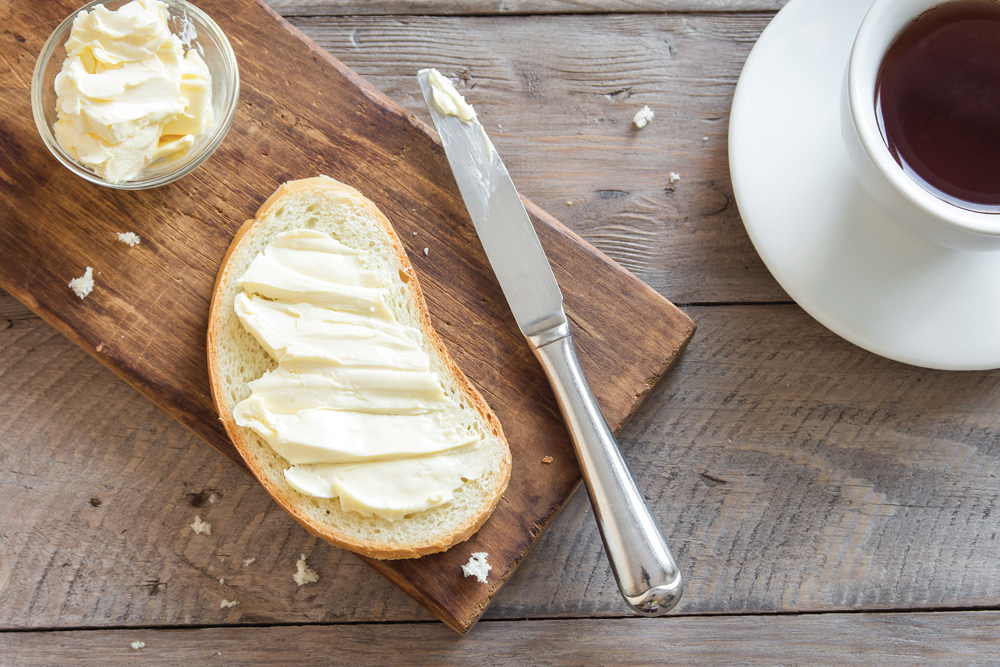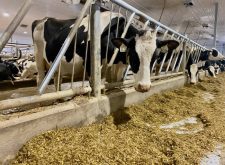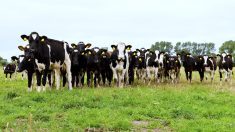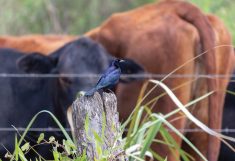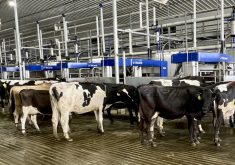It started with a few tweets and texts, but escalated into an issue that drew international attention — and a vow from the chair of Alberta Milk “to do better.”
It began with people wondering why their butter no longer spread easily at room temperature before suddenly turning into a controversy over what dairy farmers were feeding their cows.
‘Canadians Try to Solve the Enigma of Hard Butter’ read the headline in the New York Times while the BBC asked, ‘Buttergate: Why are Canadians complaining about hard butter?’
Read Also

Farming Smarter receives financial boost from Alberta government for potato research
Farming Smarter near Lethbridge got a boost to its research equipment, thanks to the Alberta government’s increase in funding for research associations.
Those reports followed one in the Toronto Globe and Mail by Calgary food writer Julie Van Rosendaal that thrust the issue into the spotlight by fingering palm oil as a likely suspect, specifically palm fat in a feed supplement.
However, the supplement has been in use here for many years, as well as in the U.S., U.K., New Zealand, and other countries. And while what you feed a cow can change the fatty-acid profile of milk fat, University of Guelph professor, Alejandro Marangoni (an expert in fat used in food products) said there is “zero data” to prove or disprove this theory.
Still, dairy organizations were put on the defensive.
After initially deflecting queries (“we are not aware of any significant changes in dairy production or processing”) and then striking an expert committee to study the matter, the Dairy Farmers of Canada is now asking producers to “consider alternatives to palm supplements.”
“Dairy farmers across Canada have listened attentively to the concerns expressed by consumers,” the farm group said in a release. “Dairy farmers work every day to produce milk according to some of the most rigorous standards and they are committed to continuing to exceed consumers’ expectations.”
Those words were echoed by Alberta Milk chair Stuart Boeve who issued a news release that began, “Dear Albertans. We hear you.”
He said Alberta Milk agrees with having scientists, nutritionists and other experts examine the issue, but also pledged that “Canadian dairy farmers are going to do better.”
“This is something we take seriously and we are unwavering in our dedication to continuing to produce high-quality milk,” wrote Boeve.
“On behalf of all dairy families across Alberta, thank you for standing with us.”
It’s not known how many producers in Canada have been using palm supplements, but demand for butter rose by more than 12 per cent last year as the pandemic had “more Canadians at home cooking up a storm,” said food expert Sylvain Charlebois.
In a column, the Dalhousie University professor of food policy sharply criticized the dairy sector for using the palm supplement, saying it “compromises the quality of dairy products.” It also “breaches the moral contract” that comes with having a supply-managed system that gives producers higher prices, Charlebois wrote.
But dairy organizations urged consumers to hold off passing judgment until the experts report back.
“It is essential that decisions be made on a factual basis and that science guide our sector,” the Dairy Farmers of Canada said.
But when it comes to any health implications, the facts are already in, said Joe Schwarcz, a well-known author and speaker who is director of an office at McGill University that has “the mission of separating sense from nonsense.”
Feeding cows a palm supplement has an “insignificant” effect on butter, said Schwarcz.
Rather, he argued, consumers should be concerned about eating a lot of a product that is about 80 per cent fat.
“Butter is hardly a ‘health food’ — something we may suspect because it tastes so good,” said Schwarcz.


